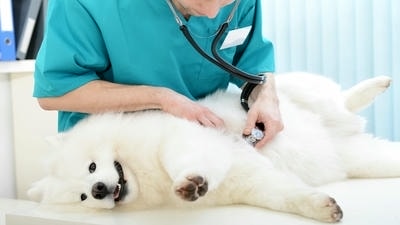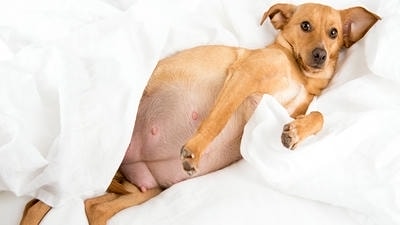
Welcoming a new litter of puppies or kittens into your home is an exciting and rewarding experience. However, caring for a pregnant pet requires careful preparation and attention to ensure the health and well-being of both the mother and her offspring. From understanding the stages of pregnancy to providing the right nutrition and creating a safe environment, there’s a lot to consider.

During the first few weeks, the embryos implant in the uterus. Most pets show no obvious signs of pregnancy at this stage.
By the fourth week, physical changes become more apparent. The abdomen begins to enlarge, and the nipples become more prominent. Fetal development accelerates during this stage.
In the final weeks, the fetuses grow rapidly, and your pet may become more restless. Nesting behavior, such as seeking out quiet, comfortable spaces, is common.

Pregnant pets require more calories to support the growth of their offspring. Gradually increase their food intake, especially during the second half of pregnancy.
Consult your vet about adding supplements, such as calcium or omega-3 fatty acids, to support your pet’s health during pregnancy.
Ensure your pet has access to clean, fresh water at all times. Pregnant pets are more susceptible to dehydration.
Prepare a quiet, warm, and comfortable nesting area for your pet. Use soft bedding and ensure the space is free from drafts and disturbances.
Avoid exposing your pregnant pet to stressful situations, such as loud noises or unfamiliar animals. Stress can negatively impact pregnancy.
While moderate exercise is beneficial, avoid strenuous activities that could harm the developing fetuses. Short, gentle walks are ideal for pregnant dogs.

Schedule regular vet visits to monitor your pet’s health and the progression of the pregnancy. Your vet can address any concerns and provide guidance.
Track your pet’s weight gain to ensure it’s within a healthy range. Excessive weight gain can lead to complications during birth.
Be vigilant for signs of complications, such as unusual discharge, lethargy, or loss of appetite. Contact your vet immediately if you notice anything abnormal.
Newborns cannot regulate their body temperature, so provide a warm, draft-free environment. Use a heating pad or warm water bottle wrapped in a towel if needed.
Give the mother plenty of time to rest and recover from labor. Limit visitors and disturbances during the first few weeks.
Continue feeding a high-quality diet to support lactation and recovery. Gradually transition back to regular food after weaning.
Watch for signs of complications, such as fever, lethargy, or signs of mastitis (infected mammary glands). Contact your vet if you notice anything unusual.
Larger breeds may have larger litters and require more space. Smaller breeds may need extra monitoring due to the risk of complications during birth.
Cats are generally independent during labor but may appreciate your presence for reassurance. Provide a quiet, secluded space for the birth.
Rabbits, guinea pigs, and other small pets may require specific care. Consult a vet familiar with exotic animals for guidance.
Caring for a pregnant pet is a significant responsibility, but with the right preparation and knowledge, you can ensure a smooth and healthy pregnancy for your furry friend. From providing proper nutrition to creating a safe environment and preparing for labor, every step is essential for the well-being of the mother and her offspring. Regular veterinary checkups and vigilance for signs of complications will help you navigate this exciting journey with confidence. By offering your pet the care and support she needs, you’ll be well on your way to welcoming a happy and healthy litter into your home.